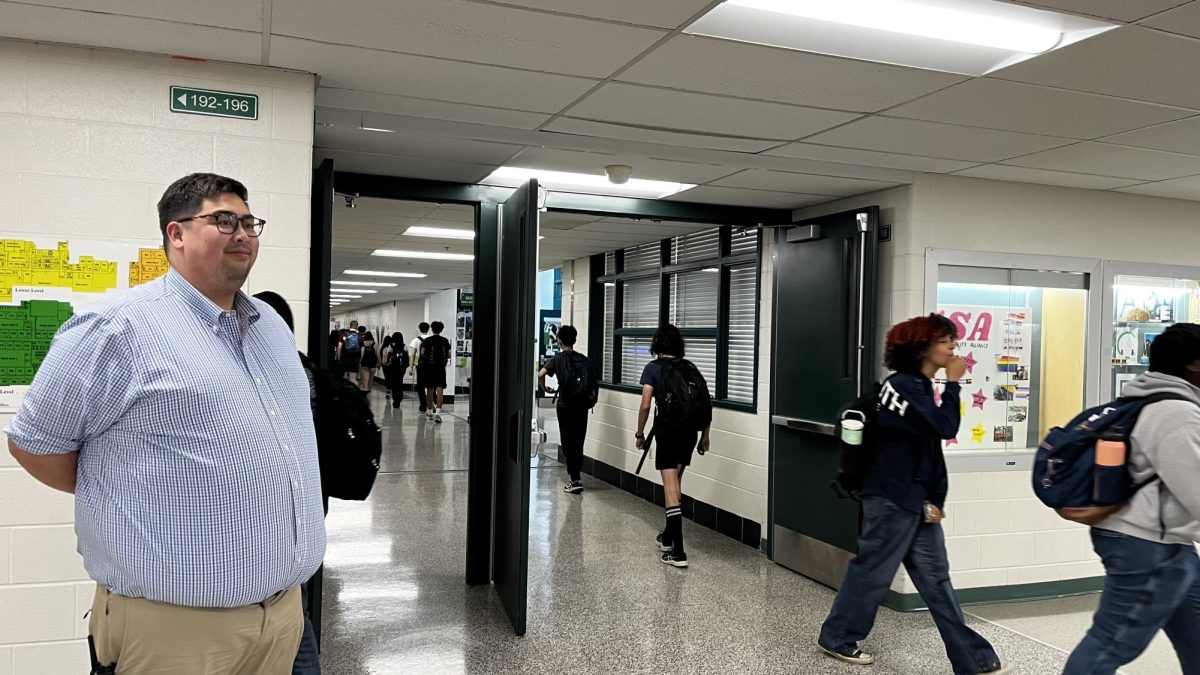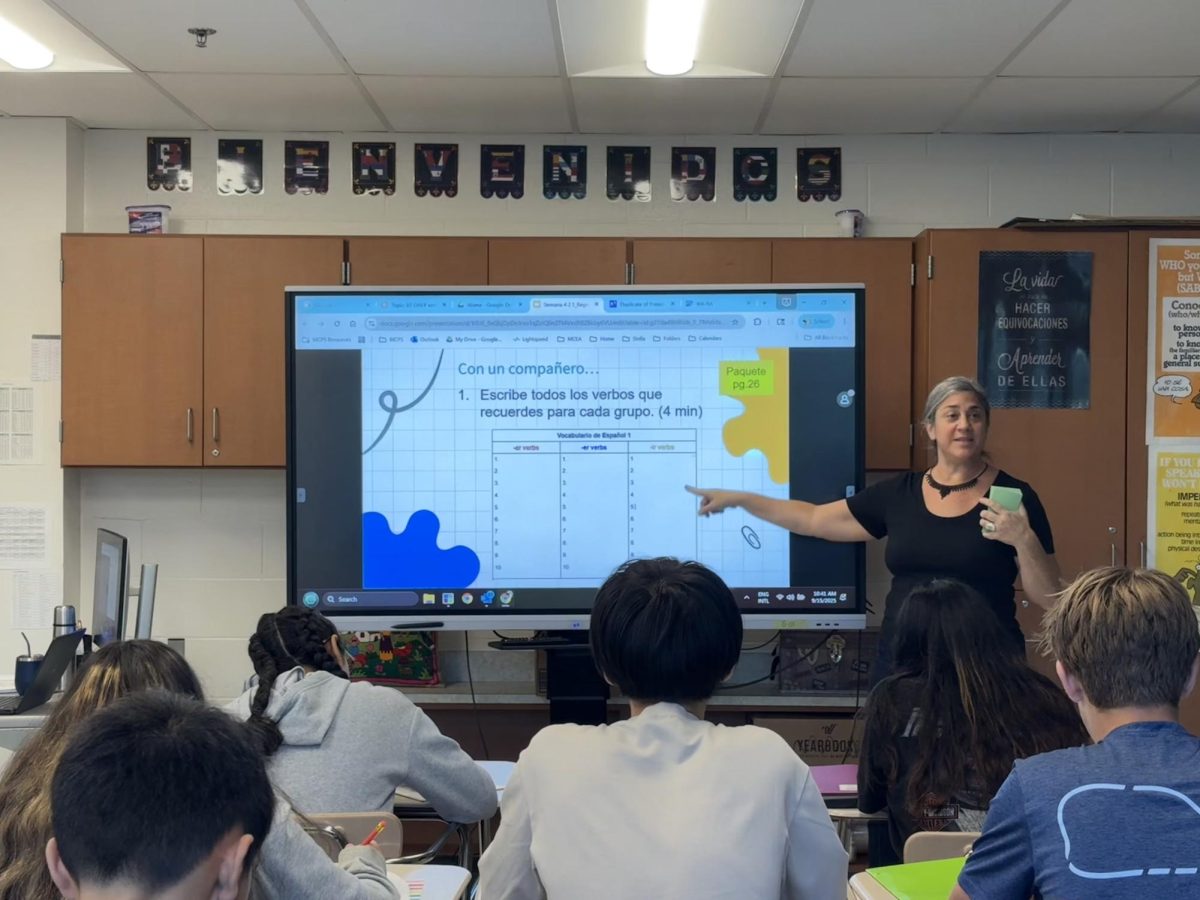Q: What does your job as a school psychologist entail?
A: “The purpose of my job is to look out for the students’ overall mental well-being. So that would include their academics, but also how they are emotionally, how they are socially. There is another school psychologist. She does 11th grade, and she does the Learning for Independence program, so I will do everything else: 9th, 10th and 12th. But usually because I’m here all the time, if there is an 11th grader that needs to talk, or an LFI student that needs to talk, I’ll be available for them as well. But generally, it’s more like meetings and assessments.”
Q: How do you typically interact with students?
A: “Sometimes I get emails from students. A lot of times, the students that I meet with are referred by the counselors. Counselors are sort of like the front-line soldiers in terms of academics and social-emotional things. So a lot of kids will go to their counselors first. Then, at that point, if there is an issue maybe a little bit deeper that the counselor feels like they need some assistance with, then sometimes they’ll call me in, and we’ll talk about it, but in general, I’m here to service all students. But a big majority of my job goes to the special education students because psychological testing is such a big part of my job.”
Q: Under what circumstances is a student referred to you by their counselor?
A: “A lot of times a student will be referred [to me] if there’s a learning disability involved, and they’re looking at special education, specialized classes. Sometimes, some counselors just feel like they can’t break headway with a student. In that way, if they’re really struggling with the student, they’ll be like, ‘well maybe Ms. McGonigle can talk to them.’ In general, the counselors are going to be the ones that are the most available, so that’s why we say, ‘go to your counselor first,’ but I also definitely have an open door policy where anyone can come in.”









